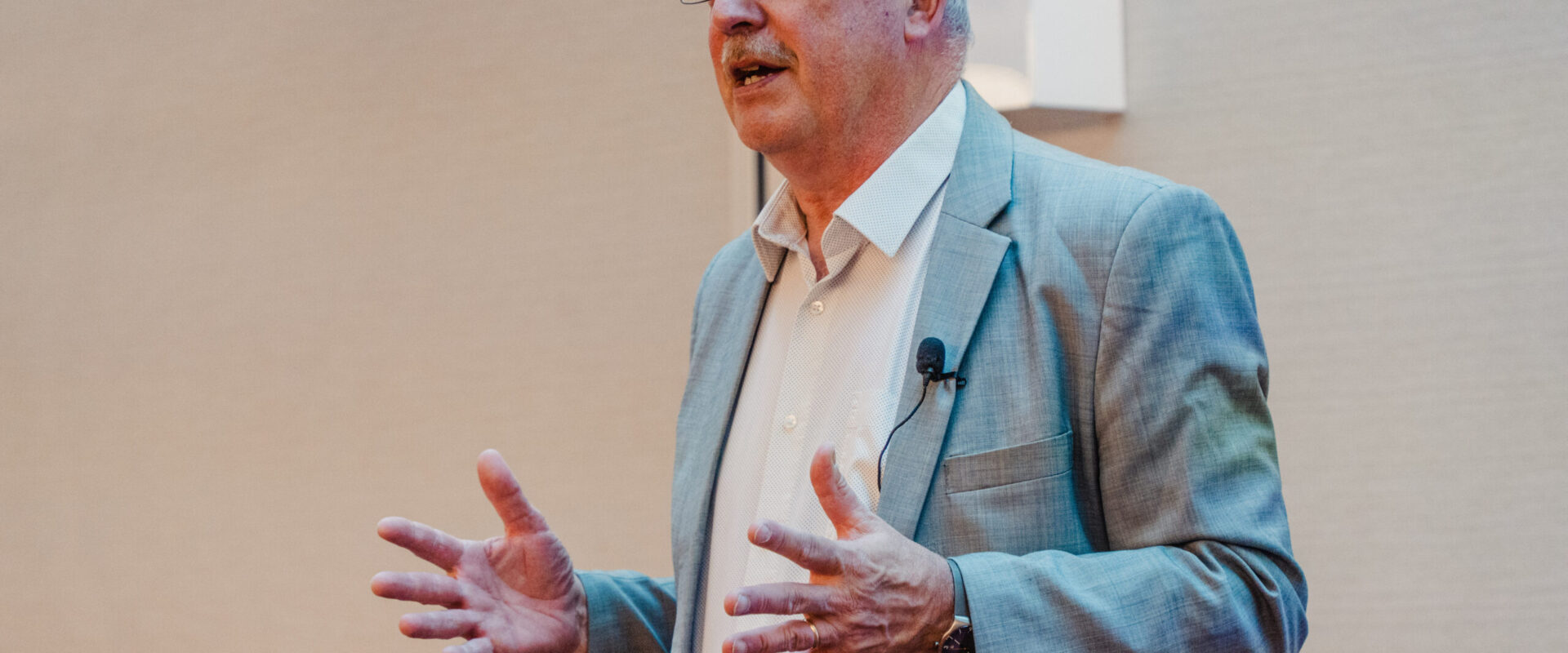Accelerate Estonia and ÄIO interviewed Hans Verhagen, a Food Safety and Nutrition consultant, with decades long experience from the European Food Safety Authority (EFSA), where he was the Head of the Risk Assessment and Scientific Assistance Department as well as a Senior Scientific Officer. We asked him to open up what the biggest differences are between different regions in respect to getting novel food solutions to the market. Novel food companies ÄIO & Gelatex partnered this year with Accelerate Estonia in order to accelerate novel food approval by creating the knowhow for the Estonian public sector so that they can guide companies through this process.
How does the authorization process for novel foods differ across countries? Are there notable variations in the regulatory frameworks or assessment methodologies employed by different nations?
Basically, the scientific requirements are similar or the same. All new developments will enter into novel foods or similar procedures. To compare the requirements for novel foods across the globe, it’s not only in the EU, but also in the UK and the US and Singapore and Brazil, Australia and New Zealand etc. That being said, the procedures to evaluate a dossier (e.g. novel food application) can significantly differ. In Europe we have the European Food Safety Authority (EFSA) who does the scientific evaluation. In the US it can either be an evaluation of self-GRAS (generally recognized as safe) followed by a notification to the Food and Drug Administration (FDA). In Singapore, it’s the Singapore Food Safety Authority, etc.
The novel food evaluation procedure. What is important to keep in mind as an applicant wanting to market a new product?
It depends on what is relevant to you. If you want to market in the EU, in the UK, in the US, in Singapore, so you need to follow all the respective requirements and their respective bases, some of which are faster than others. There are also scientific developments that are pivotal not only in Europe, also in other places in the world. (You need to) take a very in depth look at what data do I really need and what data is not required in order to inform safety. The requirements for having genotoxicity studies, the requirements to have very in-depth information on potential allergenicity, et cetera. They may not be needed if we can provide good scientific data to support the risk assessment. In general, (food) safety needs to be certified across the globe.
Why does the novel food authorization process take longer in some regions, like in the EU?
The procedure to establish safety is essentially different and much faster or slower across the different geographies in the world. The process, for instance in the European Union where we reside is very rough. What EFSA does is great work, but it takes a while and I don’t think you can gain acceleration on the scientific requirements, which you could perhaps gain in the procedure authorizing these novel foods, which means a more rapid risk assessment – for instance the procedure in the US versus the EU. If you want to have something done swiftly, the validation process can be long lasting in the European Union. But these are managerial instruments, unlike scientific instruments.
Are there any emerging trends or advancements in the field of novel foods that EFSA is closely monitoring or actively researching? How do these trends impact the assessment process and the regulatory framework surrounding novel foods?
Hans: I don’t think that this will readily speed up authorization procedures and evaluation procedures in the European Union (or the UK) – that they have their own requirements with respect to doing the risk assessment et cetera. Maybe they can speed up a little bit, but they should also realize the system behind. For authorizing these new developments, a very good example is cultured meat. There has not been a dossier being evaluated in the EU yet, whereas a couple of years ago the Singapore authorities already authorized a first cultured chicken meat.


